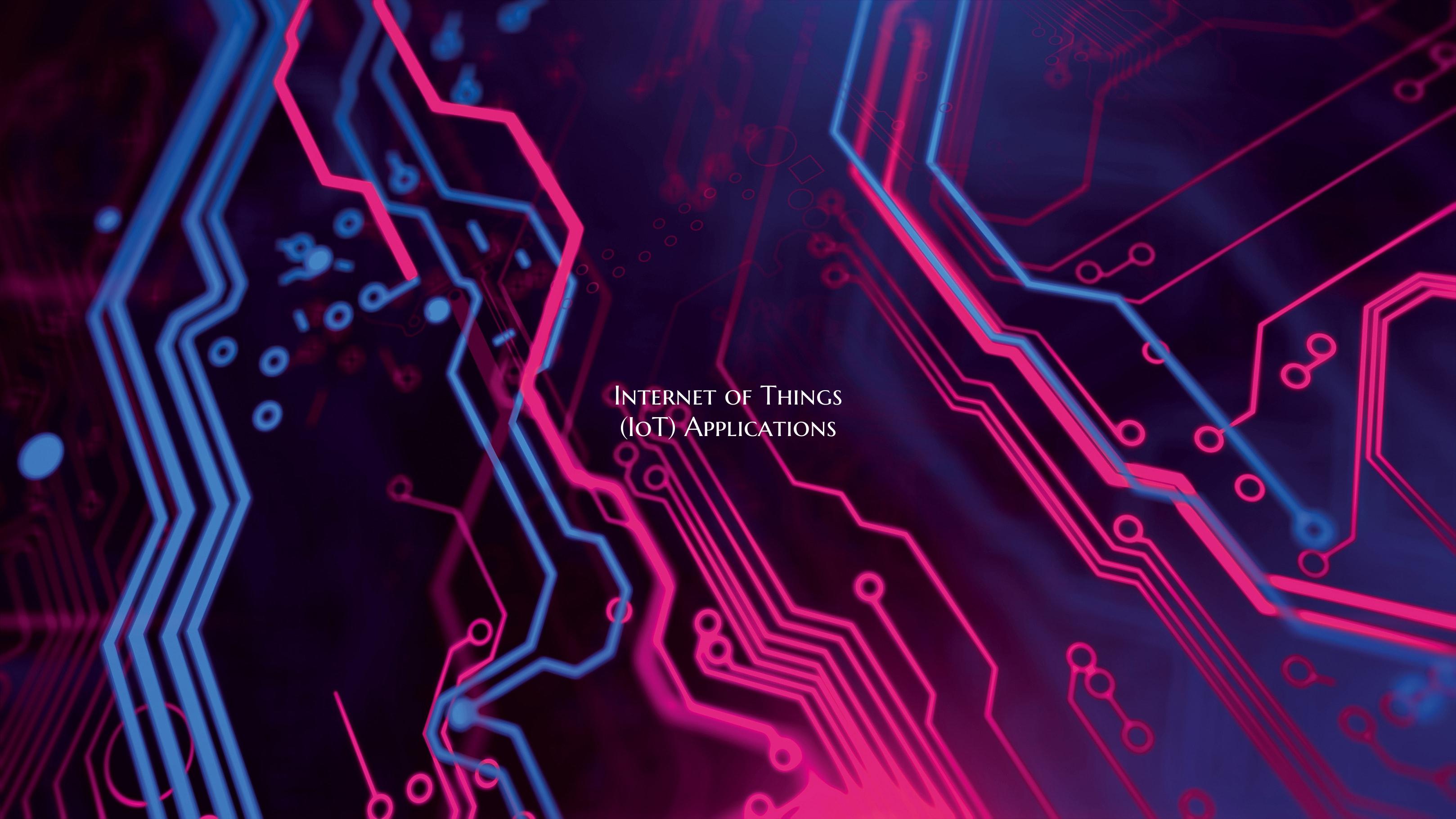Internet of Things (IoT) Applications
The Internet of Things (IoT) has transformed the way we live, work, and interact with our environments. With the increasing connectivity of devices and systems, the applications of IoT technology continue to evolve and expand across various industries. From smart homes to industrial automation, IoT is reshaping the way we perceive and engage with the world around us.
1. Smart Homes: IoT applications in smart homes enable homeowners to control and automate various functions such as lighting, heating, security, and even appliances remotely. Smart thermostats, smart locks, and voice-activated assistants are just a few examples of IoT devices that enhance convenience and efficiency within homes.
2. Healthcare: In the healthcare sector, IoT technologies have revolutionized patient care and monitoring. Wearable devices such as smartwatches and health trackers can gather real-time data on a patient's vital signs, providing healthcare professionals with valuable insights for diagnosis and treatment.
3. Industrial Automation: IoT plays a crucial role in industrial settings by enabling the automation and optimization of processes. Industrial IoT applications monitor equipment performance, predict maintenance needs, and streamline operations to improve efficiency and reduce downtime.
4. Smart Cities: IoT is instrumental in the development of smart cities, where connected sensors and devices facilitate better traffic management, waste disposal, energy consumption, and public safety. By collecting and analyzing data in real-time, municipalities can make data-driven decisions to enhance the quality of life for residents.
5. Retail: In the retail industry, IoT applications can provide a personalized shopping experience for customers through smart shelves, inventory tracking systems, and location-based services. By leveraging IoT technology, retailers can optimize their operations and offer targeted promotions to enhance customer satisfaction.
6. Agriculture: IoT has the potential to revolutionize agriculture through precision farming techniques. By deploying sensors to monitor soil conditions, crop health, and weather patterns, farmers can make informed decisions to optimize crop yield, reduce resource wastage, and ensure sustainable agricultural practices.
7. Transportation: IoT applications in transportation systems enable real-time tracking of vehicles, optimization of routes, and predictive maintenance of fleets. This leads to improved efficiency, reduced fuel consumption, and enhanced safety for both passengers and drivers.
In conclusion, the applications of IoT technology are vast and diverse, with the potential to revolutionize various aspects of our lives and industries. As IoT continues to evolve and innovate, it is essential for businesses and individuals to harness its capabilities to drive efficiency, productivity, and growth in an increasingly connected world.

